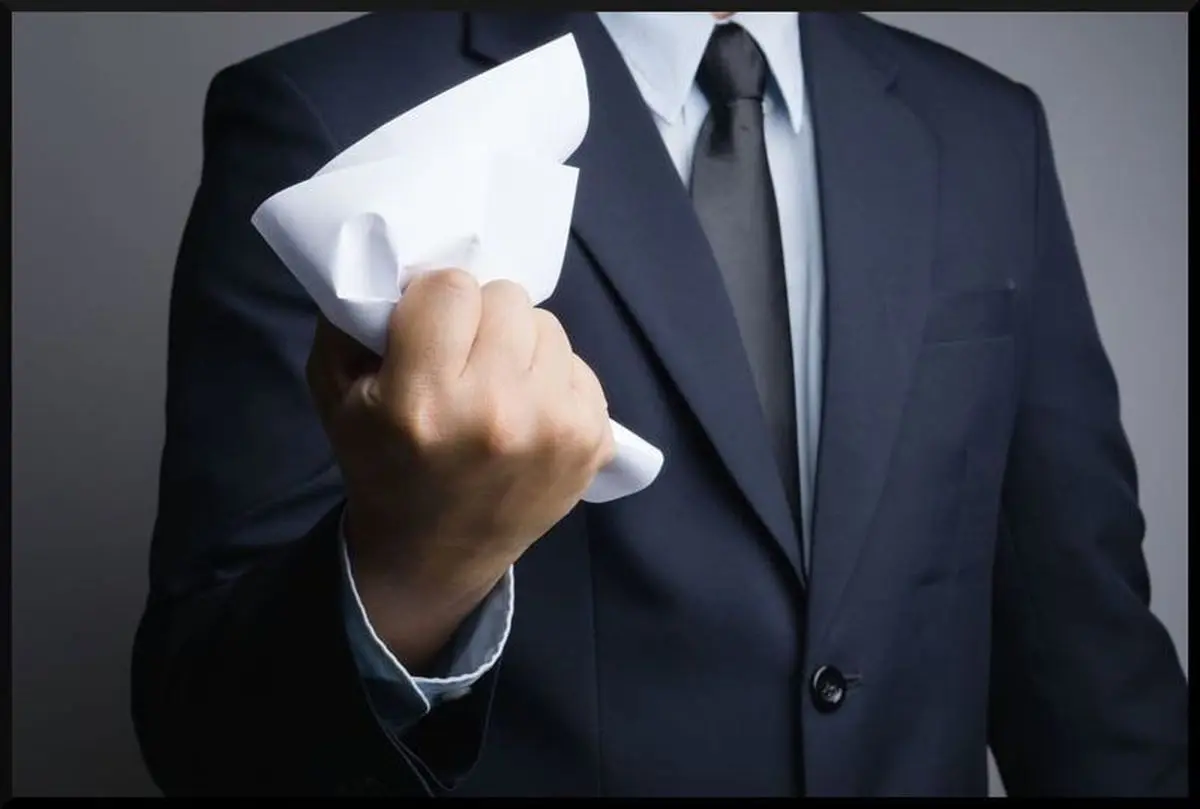By , Leave a Comment

Table of Contents
Civil Demand
If you’re arrested for stealing merchandise from a New York City retail store, the store will demand that you pay a “civil shoplifting penalty”. Unless your lawyer advises otherwise, don’t pay.
Sample Civil Demand Letter
This is language from a written demand that a Macy’s lawyer sends to all people arrested at the “Miracle on 34th Street” store for shoplifting:
Please be advised that The Law Offices of [____________] is the counsel for [____________] in this matter. This letter is in in reference to the theft incident [____________]. Under New York
General Obligations Law§ 11-105, [____________] has a civil claim against you because you intentionally deprived [____________] of merchandise without paying for it. This claim is separate from and in addition to any criminal action arising from your misconduct. You may be held civilly liable for the cost of the merchandise; the costs associated with loss prevention expenses and/or a civil penalty.
This letter is a demand that you pay $500.00 in satisfaction of this civil claim. This is not an attempt to collect a debt. If you do not believe that you are the person responsible for the payment of this claim, please notify [____________] within 30 days of receipt of this letter, so that we can obtain verification of the responsible party.
Please make your payment of $500.00 to [____________] and send it to: [____________]
Acceptable forms of payment include cash, money order, certified check, personal check, and all major credit cards. If you have any questions or would like to pay by either credit card or check, please visit our website at [____________] or call our office toll free at [____________] between 8:00AM – 11:00 PM (Eastern Standard Time), Monday through Friday, and 10:00AM – 7:00PM (Eastern Standard Time), Saturday. Please note that there is a processing fee when paying by check or credit card over the telephone or on our website.
If we do not receive payment within 30 days from the date of this letter, [____________] may make further effort to enforce its rights under this law.
How a Civil Demand Is Calculated
New York retailers can sue shoplifters for a civil penalty, calculated by multiplying the value of stolen merchandise by five; with a minimum penalty is $75, and a maximum penalty of $500. (Retailers can additionally seek restitution for the value of merchandise that is lost or damaged as a result of theft, up to $1,500.)
Retailers’ authority to sue is set forth under Section 11-105 of the General Obligations Law:
An adult or emancipated minor who commits larceny against the property of a mercantile establishment shall be civilly liable to the operator of such establishment in an amount consisting of:
(a) the retail price of the merchandise if not recovered in merchantable condition up to an amount not to exceed fifteen hundred dollars; plus
(b) a penalty not to exceed the greater of five times the retail price of the merchandise or seventy-five dollars; provided, however, that in no event shall such penalty exceed five hundred dollars.
In Person or by Mail
There are two situations where retail stores attempt to get alleged shoplifters to pay the civil penalty: 1) in person, while the alleged shoplifter is in custody at the time of arrest; and 2) through the mail, after the alleged shoplifter has returned home.
Do not pay under either scenario, unless your lawyer advises you otherwise.
Received a Civil Demand Letter?
Schedule a FREE CONSULTATION with Bruce Yerman, Attorney at Law
Demand Made in Person at the Store
While a suspected shoplifter is under arrest at the store, security guards typically will attempt to get the suspect to:
- Admit to stealing property from the store.
- Sign a written statement in which the suspect admits to stealing property from the store.
- Sign a “Trespass Notice” agreeing not to enter any of the retailer’s stores in the future.
- Sign a document in which the suspect agrees to pay a civil penalty.
- Pay the civil shoplifting penalty.
Don’t sign any documents. And don’t pay the civil penalty.
For all the reasons that speaking with police officers is a really bad idea, speaking with store security guards, while you’re suspected of shoplifting, is a very bad idea. A few reasons:
- You might confess to a crime that you committed.
- Without confessing, you might admit facts that tend to prove you guilty.
- You might tell a lie that can be proven false.
- The security guard might misunderstand you to be making a confession or an admission that you’re not actually making.
- The security guard might only remember the parts of your statement that tend to prove you guilty, and forget the other parts of your statement.
- The security guard might outright lie and say that you said something that you didn’t say.
- You might falsely confess to a crime that you didn’t commit, in order to end the extremely stressful situation of being accused and interrogated.
Many suspects, innocent and guilty, have told me that after security guards arrested the suspect, the guards promised to release the suspect if he or she signed an agreement to pay the civil penalty — by credit card, right there in the store. After the suspect signed, security guards transferred custody to the police, who formally charged the clients with shoplifting-related crimes. In other words, the security guards lied to extract money from suspects whom they then turned over to the police to be arrested.
If security guards don’t have sufficient evidence to arrest you, then they should release you. Agreeing to pay could be interpreted as an admission of theft, which would constitute sufficient evidence for security guards to arrest you. So, agreeing to pay could result in an arrest that otherwise wouldn’t occur.
If security guards have sufficient evidence to arrest you, then they will arrest you. Your agreement to pay won’t cause them not to arrest you (even if they lie and tell you otherwise).
So, while you’re at the store, in the custody of security guards, don’t sign any documents. And don’t pay the civil penalty. Neither signing nor paying will benefit you in any way. Either could harm you. So don’t do it.
Demand Sent by Mail
After you’ve been arrested for shoplifting at Macy’s, or Century 21, or Sephora, etc., you will eventually be released to the safety of your home. Within a week or so, you will receive a letter in the mail from a law firm. The letter will demand that you pay the retailer a civil penalty, up to $500, in connection with the alleged shoplift.
Some percentage of people who receive this letter will pay the civil shoplifting penalty, because they’re afraid they’ll be sued if they don’t, and because they’re afraid they’ll owe the department store legal fees if they lose the lawsuit.
I have never known one of the law firms that write these letters to sue a client of mine who has refused to pay. It would be extremely inefficient for the law firm to do so.
The inefficiencies of suing for a maximum civil shoplifting penalty of $500 include: 1) paying nominal court fees; 2) paying support staff to draft necessary court documents; 3) paying lawyers to appear in court in connection with such lawsuits; 4) paying store security officers for time spent appearing in court as witnesses; 5) recovering nothing on cases that the retailers lose; 6) recovering nothing on cases that retailers win against judgment-proof defendants (alleged shoplifters who have no assets from which a money judgment could be recovered).
When my clients receive a demand letter, I respond with a letter advising the law firm to direct all future communications to me. Since lawyers can’t directly communicate with a person who is represented by counsel, the law firm stops writing to my client.
I know of no client of mine who has been sued for the civil shoplifting penalty by any retailer.
The only situation I can imagine where it would be worth a retailer’s while to sue, would be where the alleged shoplifter is a famous person. Such a lawsuit could generate publicity, which might deter some people from shoplifting in the future. The value of the lawsuit to the retailer could be far greater than the $500 maximum civil shoplifting penalty.
The bottom line is that you should not pay the civil shoplifting penalty, unless your lawyer advises you otherwise.
Free Consultation
Bruce Yerman is an shoplifting lawyer in New York City. His office is located in Suite 1803 of 299 Broadway in Manhattan.
If you’d like a free consultation to discuss a civil shoplifting penalty, or to discuss any other issue related to criminal defense or family law, call Bruce at:
Or email Bruce a brief description of your situation:

Leave a Reply